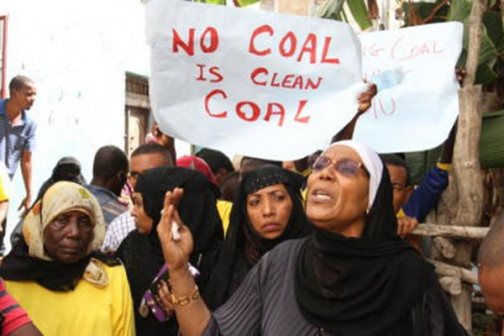×
The Standard e-Paper
Smart Minds Choose Us

The African Development Bank (AfDB) will not fund a coal-fired power plant project in Kenya and has no plans to finance new coal plants in future, senior AfDB officials told Reuters.